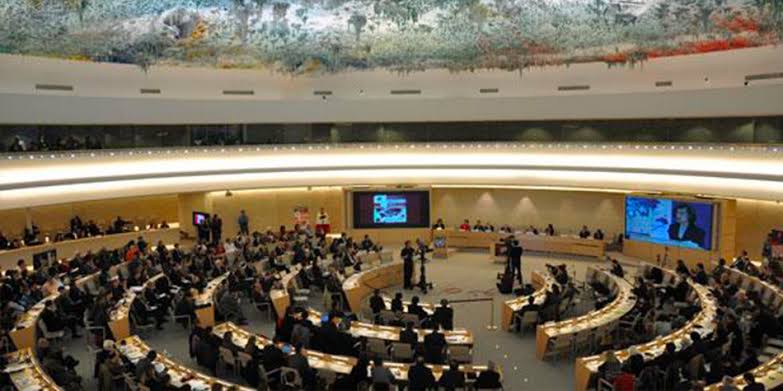The European Union and the Council of Europe have consistently called for the global abolition of the death penalty, condemning it as inhumane, degrading, and a violation of human dignity. On the occasion of the European and World Day Against the Death Penalty, both institutions issued a joint statement reaffirming their opposition to capital punishment in all cases and urging the few remaining countries that still practice it to impose a moratorium as a first step toward full abolition.
This joint call highlights the significant global progress toward ending the death penalty, with more than two-thirds of countries having abolished it in law or practice. In 2023, the number of countries carrying out executions reached a record low, further underscoring this global trend. However, the death penalty is still in use in some countries, with China, Iran, Saudi Arabia, Somalia, and the United States leading in the number of executions. Iran alone accounted for 74% of recorded executions in 2023, according to reports, which remains a major concern for both the EU and the Council of Europe. Additionally, the use of nitrogen hypoxia, a new and controversial method of execution in the U.S., was also criticized.
The abolition of the death penalty has long been a priority for the Council of Europe. Since the early 1980s, it has led the fight against capital punishment, considering it a grave violation of human rights. By 1997, the Council had established a death penalty-free zone across its 46 member states, with the last execution in Europe taking place over 25 years ago.

Furthermore, the prohibition of the death penalty has become a precondition for membership in the Council of Europe since the 1990s. The organization adopted Protocol No. 6 to the European Convention on Human Rights (ECHR) in 1983, which provided for the abolition of the death penalty in peacetime. This was followed by Protocol No. 13 in 2002, which expanded the abolition to all circumstances, including wartime, a move supported by nearly all member states.
Despite these efforts, challenges remain. Belarus is currently the only European country where the death penalty is still practiced. Moreover, proponents of the death penalty often argue that it deters crime, but the EU and the Council of Europe strongly reject this claim. Research shows that the death penalty has little to no effect on crime reduction and does not make societies safer. Instead, it poses the risk of irreversible miscarriages of justice, an unacceptable consequence.
The EU and the Council of Europe are committed to countering pro-death penalty narratives and fostering open, democratic debates on its abolition worldwide. Both institutions are focused on engaging with civil society and younger generations to promote this cause. They stress that the death penalty is a relic of the past that has no place in the 21st century and must be abolished globally.
SOURCES
- https://www.eeas.europa.eu/delegations/nigeria/european-and-world-day-against-death-penalty-joint-statement-high-representative-european-union-and_en#:~:text=The%20Council%20of%20Europe%20and,all%20parts%20of%20the%20world.
- https://www.coe.int/en/web/abolition-death-penalty/abolition-of-death-penalty-in-europe
- https://punchng.com/eu-council-of-europe-seek-abolition-of-death-penalty/?amp




